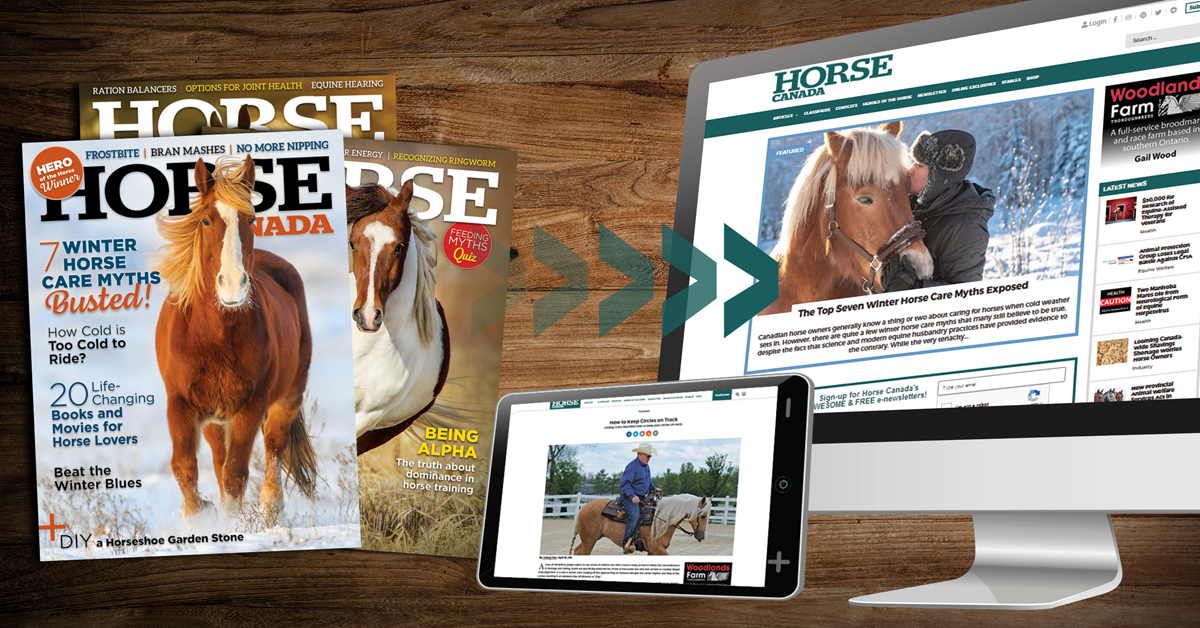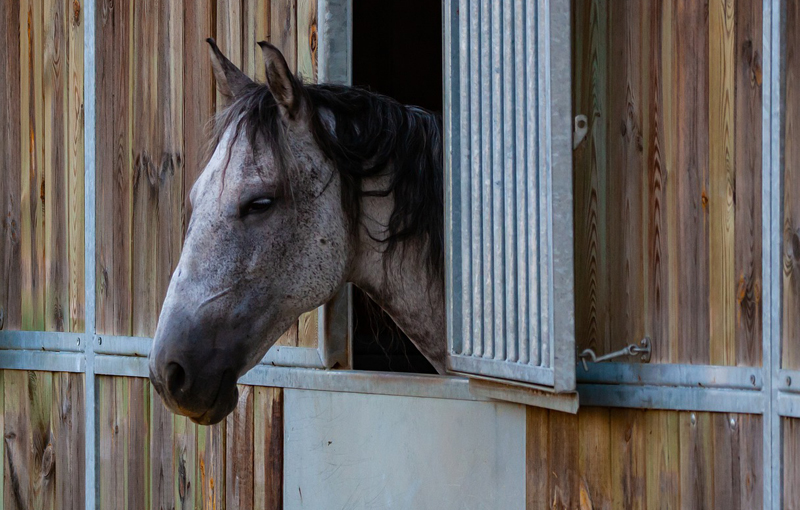Two horses have tested positive for West Nile Virus in Ontario.
On August 21st, the Ontario Ministry of Agriculture, Food and Rural Affairs (OMAFRA) was notified of two positive tests for West Nile Virus (WNV); one from a 10-year-old gelding in Simcoe County and the other from a 25-year-old mare in Bruce County.
The Simcoe Country gelding was euthanized after developing severe neurological signs and seizures. The mare developed severe neurological deficits in all four limbs as well as facial hyperaesthesia, and is recovering under veterinary supervision.
Veterinarians in Ontario should consider WNV as a differential diagnosis in horses with neurological signs, and can identify positive cases through appropriate testing. WNV is an immediately notifiable disease under both the federal Health of Animals Act and the provincial Animal Health Act. Signs of WNV (such as lethargy, ataxia, facial tremors, muscle fasciculation and limb paralysis) can mimic a variety of encephalitides including rabies, Eastern Equine Encephalitis (EEE), hepatic encephalopathy, equine protozoal myeloencephalitis (EPM) and equine herpes virus 1 (EHV-1).
Effective vaccines for WNV are available and veterinarians should ensure that vaccinations are up to date in their clients animals. There is no vaccine for humans and no treatment other than supportive once a person is infected.
WNV is endemic in Ontario and cases occur in the horse population at varying levels each year. Most equine cases of WNV occur between August and September, although cases can occur into October if environmental conditions permit the survival of mosquito vector species. Ontario’s local public health units are currently conducting mosquito surveillance. Birds are the natural host for the virus, which is transmitted to horses and humans by mosquitoes which have bitten an infected bird.
As of August 19th, there have been 14 reported (confirmed probable) human cases of WNV infection in Ontario. As well there have been 264 positive mosquito pools, from 26 health units, identified across the province.
Positive cases of WNV in Ontario, when identified, may be followed up by the local public health unit to determine the vaccination status of the horse and whether the exposure of the horse was local or travel-related. The public health unit will also ensure that human exposure to mosquitoes in the area which may potentially be carrying WNV is minimized.
More from Horse-Canada:





